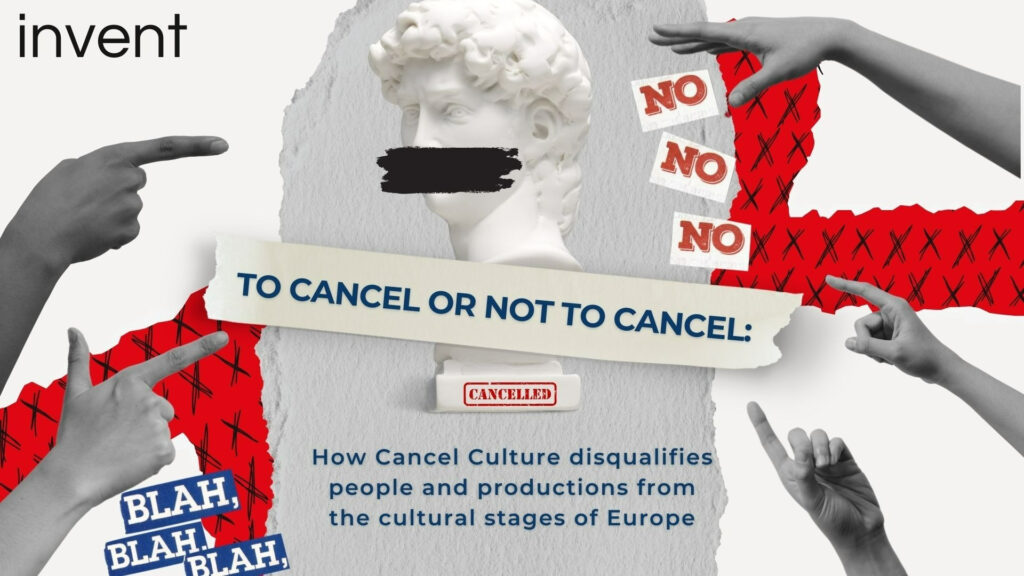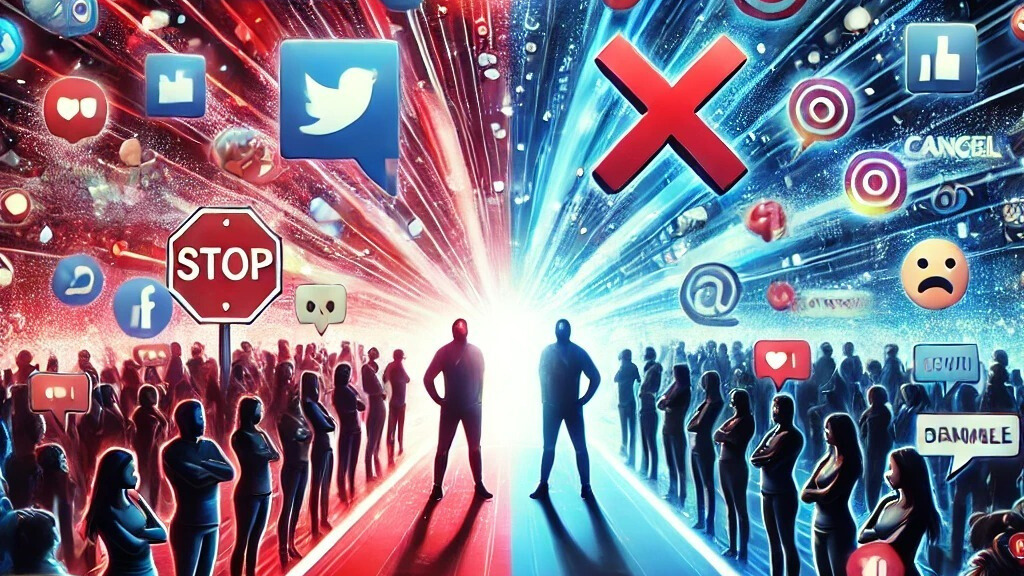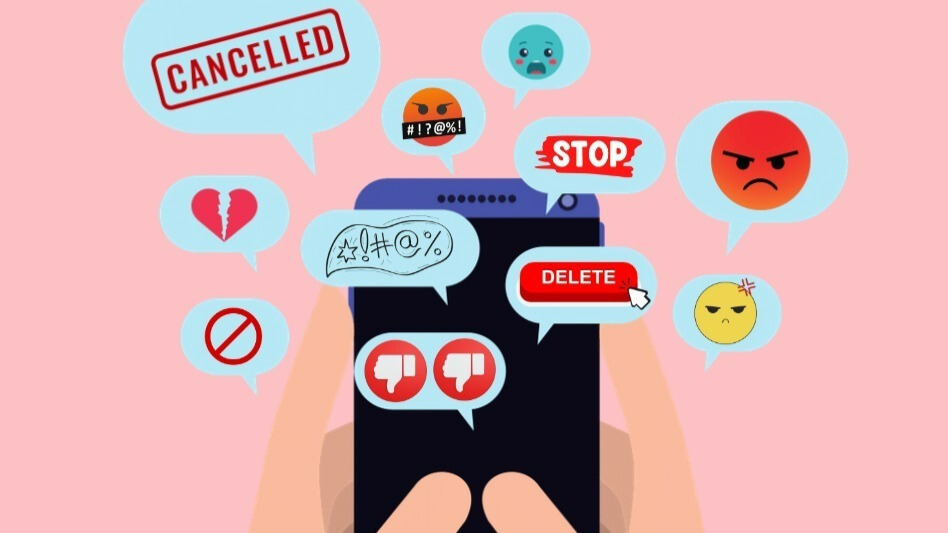
Cancel culture dominates discussions in today’s digital world, igniting fiery debates across social media. For Gen Z, it’s both a weapon for accountability and a battleground of controversy. But is cancel culture a necessary force for justice, or has it spiraled into something more toxic? Let’s dive in.
A Famous Example: Kanye West’s Fall from Grace
Few celebrity cancellations have been as explosive as Kanye West’s (Ye) in 2022. Once a cultural icon, Ye’s downfall began with a series of antisemitic remarks that sent shock-waves through social media.
The backlash was swift and severe. Adidas, Balenciaga, and GAP—once key partners in his billion-dollar empire—cut ties with him overnight. His social media accounts were restricted, and he became the subject of intense public scrutiny.
Supporters saw this as rightful consequences for his harmful rhetoric, while critics argued that canceling him wouldn’t fix the deeper issues at play. Could there have been a path to redemption? Or was this the only way to hold him accountable?
This incident is a prime example of cancel culture’s immense power—both in bringing justice and in raising difficult questions about fairness, rehabilitation, and public punishment.
The Case for Cancel Culture: Why It’s Needed
Accountability Matters
Cancel culture forces powerful individuals and entities to face the consequences of their actions. For marginalized communities, it acts as a tool to challenge systemic issues and demand change when traditional structures fail.Amplifying Important Voices
Social media provides a platform for underrepresented voices to highlight injustices and amplify conversations around issues like racism, sexism, and inequality. These conversations often spark awareness and inspire broader societal change.Creating Consequences
When traditional systems fail to address harmful behavior, cancel culture fills the gap. Whether it’s a problematic public figure or a brand making offensive decisions, this collective action enforces accountability.
The Criticism: Is Cancel Culture Overblown?
Mob Mentality
Cancel culture can devolve into online harassment, where accountability blurs into bullying. The public often rushes to “cancel” someone before fully understanding the situation.Lack of Nuance
Online platforms thrive on instant reactions, leaving little room for context, forgiveness, or growth. This creates an all-or-nothing mentality that disregards the complexities of human behavior.Performative Outrage
Some argue that cancel culture prioritizes public shaming over real solutions, resulting in performative activism rather than meaningful change. This creates a cycle of outrage without tangible progress.

The Gen Z View: Striking the Right Balance
As a generation deeply invested in social justice, Gen Z understands the strengths and flaws of cancel culture. Here’s how to navigate it responsibly:
Educate Before You Cancel
Avoid following the crowd without fully understanding the context. Social media is a hotbed for misinformation, and hasty actions can do more harm than good.Distinguish Accountability from Harassment
Calling someone out should focus on educating and inspiring change—not perpetuating hate or bullying.Focus on Growth
Rather than canceling someone permanently, encourage learning, genuine apologies, and tangible steps toward improvement.Pick Your Battles
Not every issue warrants cancellation. Save your energy for causes that align with your values and have the potential for meaningful impact.
CTRL+Z Takeaways
Cancel culture is a powerful yet polarizing force. While it can spark essential conversations and enforce accountability, it also risks becoming toxic. For Gen Z, the challenge lies in using this tool thoughtfully—holding people accountable while fostering empathy, understanding, and growth.
So, is cancel culture necessary or overblown? Perhaps it’s a bit of both. The key is to balance justice with humanity. The power lies in how you use it. Choose wisely.

About the Author
Laxmi Bhatt
I’m Laxmi, a content writer who turns caffeine into words and ideas into stories. If creativity had a speed limit, I’d be breaking it daily. Juggling words, dodging writer’s block, and occasionally questioning my life choices—one sentence at a time. Always typing, always snacking, never not thinking!
Quick links
About the Author
Laxmi Bhatt
I’m Laxmi, a content writer who turns caffeine into words and ideas into stories. If creativity had a speed limit, I’d be breaking it daily. Juggling words, dodging writer’s block, and occasionally questioning my life choices—one sentence at a time. Always typing, always snacking, never not thinking!

3 thoughts on “Cancel Culture – Necessary or Over-hyped?”
Good one
yeah true
Cancel culture holds people accountable but can stifle nuance and growth.